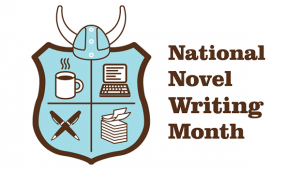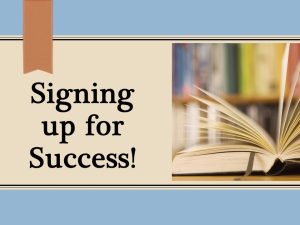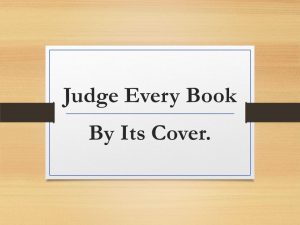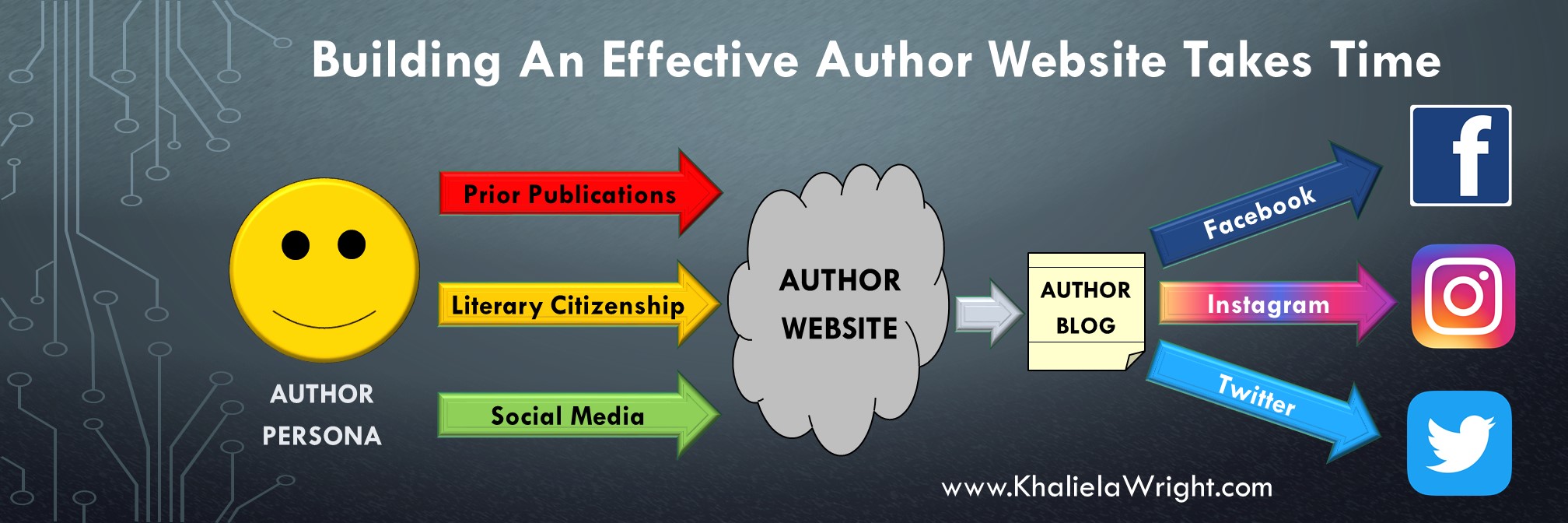According to Jane Friedman the most essential first step for authors is book reviews, not sales. A good review generates symbolic capital, which helps sell books. New and self-published authors have no symbolic capital, meaning they are an unknown in the book market. The key to a successful book launch is acquiring reviews before investing in public promotions.
Many self-published authors and authors published by small presses don’t think about reviews until it’s too late. The time to start thinking about reviews is about one year prior to publication. This is because a list of potential reviews must be created before proofs are ordered. The proofs are sent to selected reviewers as advance reader copies. It can take anywhere from 3 to 6 months before the publisher has a review in hand and is ready to proceed with publication.
But where do these reviews come from? Many first-time authors turn to paid review sites like YourNewBooks.com, Reading Deals, and Enas Review. While some paid review sites, like Kirkus, are accepted and trusted sources by many in the industry, most are not worth the trouble (or the money). The draw for many of these sites is that if the review is negative the author can choose not to have it published. However, American Heart initially received a glowing review and was awarded a Kirkus star, only to have the star removed when Kirkus forced the reviewer to change their review post-publication. So, if you are going to end up with a publicly available negative review anyway, there are plenty of places to acquire those for free. Below are the five areas to tap pre-publication to get reviews. Continue reading

 If this is you, then I cannot help you become a writer. Like the dieter and hobbyist above, you already have excuses just waiting to be employed. To quote Dan Poynter, “If you are waiting for inspiration to write, you’re not a writer, you’re a waiter.”
If this is you, then I cannot help you become a writer. Like the dieter and hobbyist above, you already have excuses just waiting to be employed. To quote Dan Poynter, “If you are waiting for inspiration to write, you’re not a writer, you’re a waiter.” NaNoWriMo is short for National Novel Writing Month. Founded in 1999 with just 21 participants, the movement has grown to including nearly a million writers annually.
NaNoWriMo is short for National Novel Writing Month. Founded in 1999 with just 21 participants, the movement has grown to including nearly a million writers annually. Reality Check: Unless you are on the New York Times Best Seller list, book signings won’t bring in a ton of money. So, if not for the money, why should the average Joe participate in a book signing? Exposure.
Reality Check: Unless you are on the New York Times Best Seller list, book signings won’t bring in a ton of money. So, if not for the money, why should the average Joe participate in a book signing? Exposure. We’ve all heard the admonishment, “Don’t judge a book by its cover.” Whoever said that clearly wasn’t trying to sell books in the 21st century. Regardless of whether it’s consumers, bookstore buyers, or the folks making nominations for the
We’ve all heard the admonishment, “Don’t judge a book by its cover.” Whoever said that clearly wasn’t trying to sell books in the 21st century. Regardless of whether it’s consumers, bookstore buyers, or the folks making nominations for the
